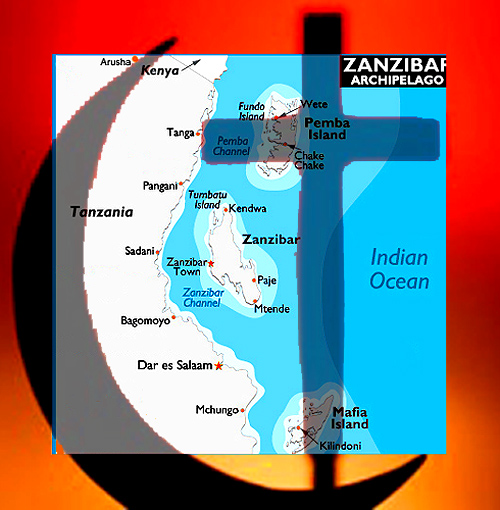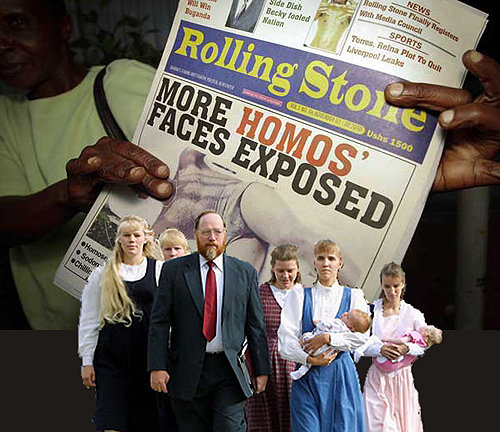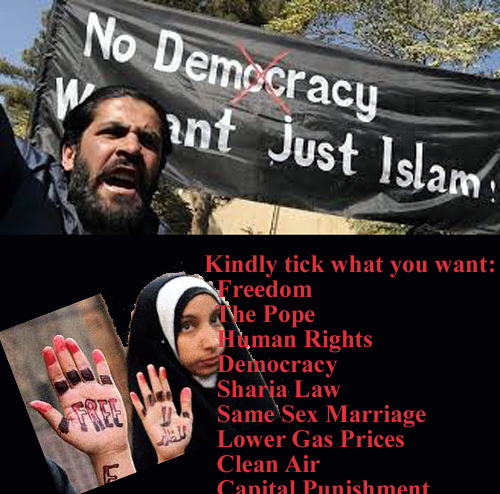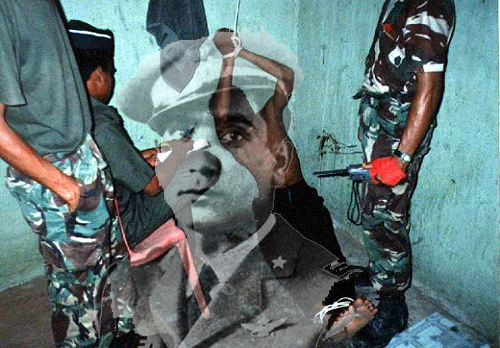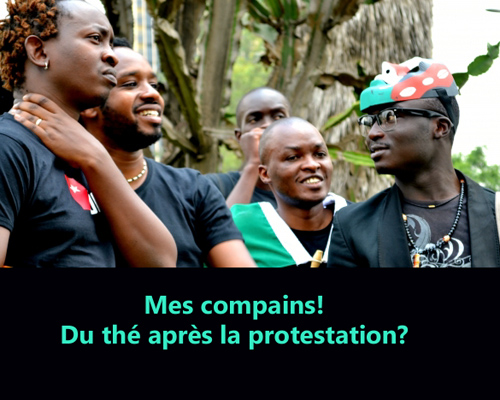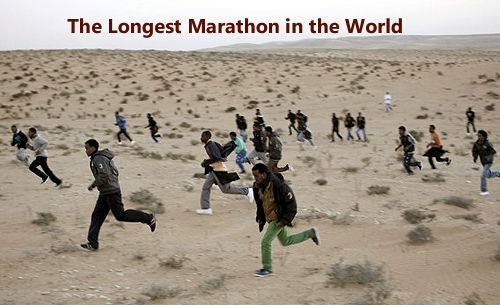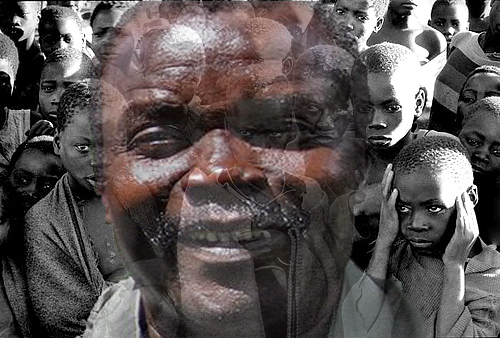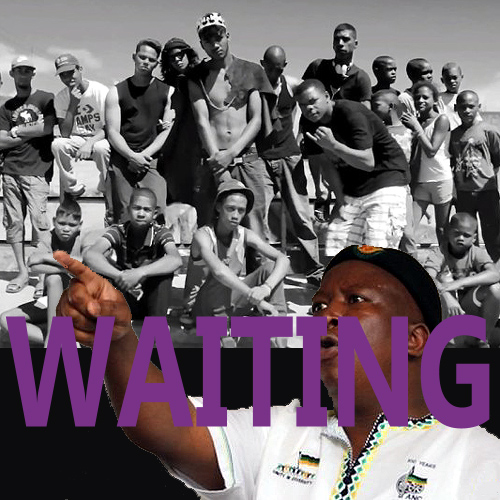 Have you ever wondered if it’s worth living?
Have you ever wondered if it’s worth living?
Think about that phrase, carefully, especially the verb: “Wondered.” To me after all the science and experience of organic mechanics, “life” passes out of the threshold of clear understanding into absolute “wonder.”
Don’t peg me wrong. I’m radical pro-choice and don’t believe a fetus of any age has more will than the mother carrying it. I’m a staunch advocate for specific cases of euthanasia and the right of an individual to end their life.
I think using animals in some human medical research is necessary, and I see a need to embrace large animal culling in cases of serious human/wildlife conflict (and this can’t possibly ever include protecting someone’s roses from deer or trash cans from racoons!)
And I support completely the controlled breeding of captive wild animals in order to protect their gene pool.
But that doesn’t mean killing an 18-month old giraffe in front of TV cameras and cutting it up in front of primary school children.
That’s exactly what Danish officials at the Copenhagen zoo did Sunday afternoon.
Zoo officials in Denmark didn’t just get rid of an unwanted animal. They “dissected” it in front of children to demonstrate animal anatomy, and then they fed the pieces to their lions in front of TV cameras.
I don’t doubt both acts have educational value, but I “wonder” where Danish wonder has gone. What they did is dead wrong.
Here’s the important background:
Over my life time zoos have transformed their purpose from showing off unusual animals to researching ways to protect them.
Zoos came into their own in the 17th and 18th centuries when it became possible to transport weird and rarely seen beasts large distances and then keep them alive in habitats not natural to them. Zoos began to replace museums as the places people would visit to increase the “wonder” of their world, especially the distance places they’d never get to see.
In the 19th and 20th centuries in particular zoos grew immensely important to the world’s main cities.
It was one thing to buy a bag of popcorn and watch Flash Gordon and Buck Rogers wiggle into their aluminum foil tights and fly to the moon. That was “wonder”ful but you knew in your heart it wasn’t real.
It was quite another to walk into a zoological park and actually see King Kong glare at you!
Well into the end of the 20th century zoos were considered a public service. They were funded by the cities they served, and almost always free to all. The Great Conservatism that so decimated public service in the last half century reversed that, and most zoos are now mostly private institutions. And even public ones, like Copenhagen, face reduced public financing.
By the end of the 20th century the “wonder” of seeing a gorilla in a cage had seriously diminished. There was Animal Planet and Planet of the Apes.
The urgency was no longer just to display King Kong for grade schoolers who could see the king in the wild on their iPhone. It was to protect the king’s still wild relatives in distant jungles so that the life form didn’t disappear forever.
Species survival is today what zoos are all about.
The Species Survival Program in the U.S., and the European counterpart that played a role in the recent giraffe incident, are the preeminent missions for world zoos.
Among the many other things they do is to regulate the specific animals that zoos can have, breed and trade with each other.
The giraffe that was killed in Copenhagen last weekend was a subspecies of the reticulated giraffe, which is among the rarer forms still living in the wild in Africa. Its habitat is much more threatened than the habitat of the ordinary giraffe and so it is much more endangered.
One of the first things that happens to wild animals with a diminishing habitat is to become inbred. I’ve seen these giraffe in Samburu in Kenya already showing evidence of serious inbreeding in the wild, often in the form of splayed feet, irregular hide patterns, asymmetrical horns and more recently, many more benign tumors especially on the belly.
Inbreeding accelerates extinction in the wild. The pie-in-the-sky theory is that as wild animals go extinct, zoos can protect a healthy gene pool in the captive population, and then release these animals back into their natural habitats once the habitats become protected enough.
But if those captive animals are as inbred as the ones that went extinct in the wild, it would be pointless.
Alas there is a lot of euthanasia in zoos all over the world, including the U.S, and especially of big headliners like lion. In the U.S., however, all sorts of efforts are made prior to actual euthanasia.
It begins by limiting breeding to begin with, since all the animals’ genomes are pretty well known. The science isn’t wholly exact, but usually exact enough that animals that are abundant enough in the captive population need not be placed together so that they breed.
That was the first giant mistake that Copenhagen made although we haven’t yet been told the whole Copenhagen story. There are legitimate arguments “on the other side” that suggest breeding is as necessary to maintain the health of a female and the sire of an offspring, as to just create an offspring.
But once an inbred is born it is a liability to the long-term survivability of its species.
In the U.S. zoos will do everything possible before killing the animal. As in Denmark there are plenty of people willing to pay for it. That comes with a bevy of other problems, though, including whether proper care would be available.
Often big wild animals as pets end up being treated so poorly that I believe euthanasia is preferred.
Why not just separate the animal from the others and keep it at the zoo?
There’s the point, folks. Because there’s not enough money. Because there aren’t enough cages and space and employees, because zoos are no longer in the public domain but in private hands. Capitalism governs the mission no matter how compelling the science is. There are no pennies left for “wonder.”
It’s hard to imagine that the cold-hearted antic of this past weekend was the culmination of all these otherwise extraordinary attempts to find alternatives. The zoo officials seemed absolutely blindsided by their mission to protect the gene pool.
If all we need is science and wonder is expendable, what’s the point?
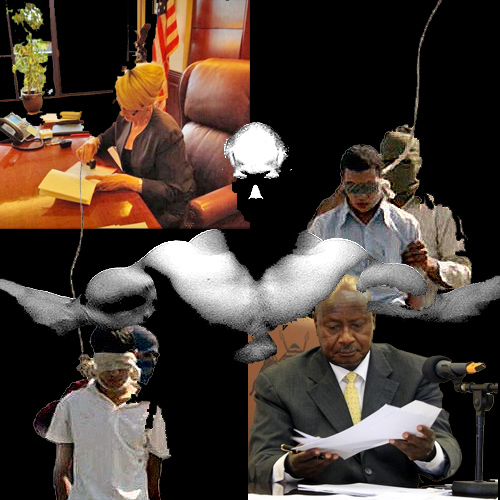 The wholly political reasons that Uganda’s Museveni and Arizona’s Brewer increased gay discrimination or decreased it are identical. In the perspective of their lives we live in a very morally bankrupt world.
The wholly political reasons that Uganda’s Museveni and Arizona’s Brewer increased gay discrimination or decreased it are identical. In the perspective of their lives we live in a very morally bankrupt world.
